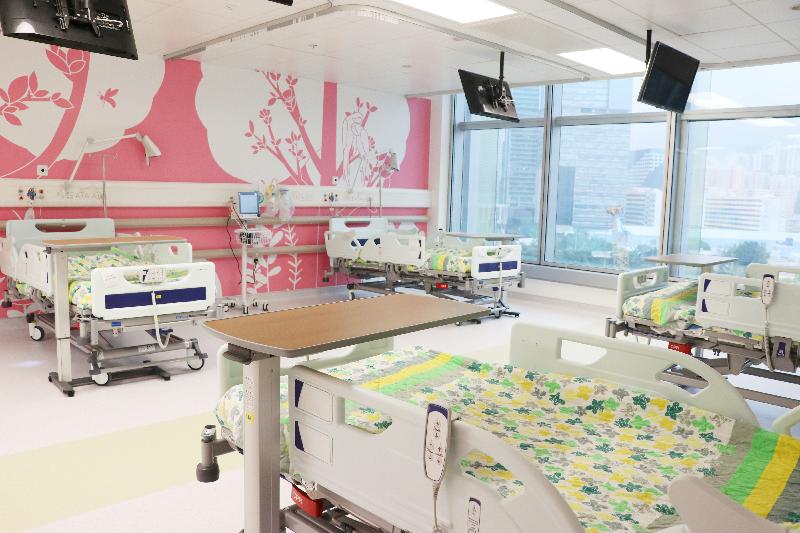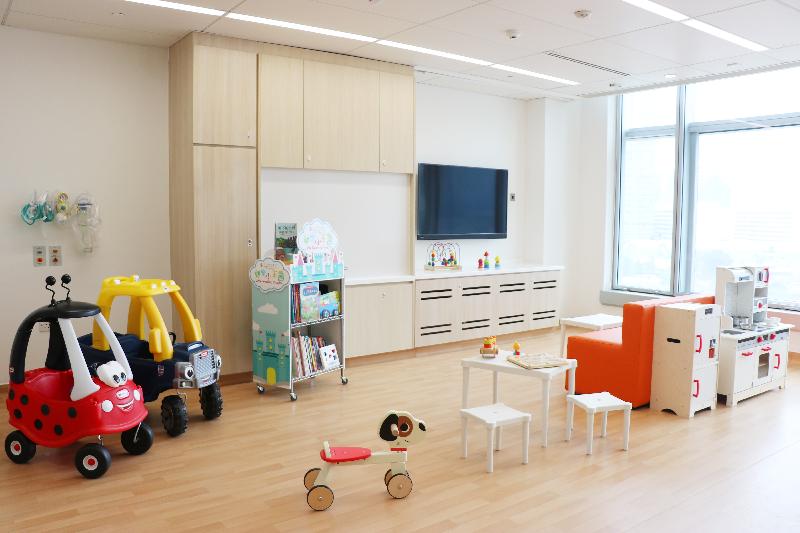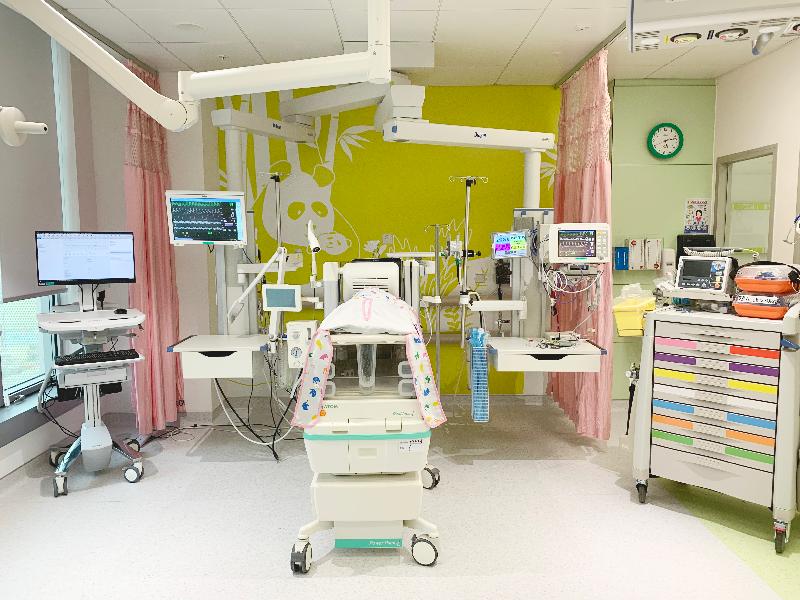Following is a question by the Hon Au Nok-hin and a reply by the Secretary for Security, Mr John Lee, in the Legislative Council today (March 27):
Question:
Hong Kong has currently signed mutual legal assistance in criminal matters agreements and surrender of fugitive offenders agreements respectively with 32 and 20 jurisdictions (not including Taiwan). Recently, the Security Bureau has submitted a proposal to amend the Fugitive Offenders Ordinance and the Mutual Legal Assistance in Criminal Matters Ordinance, and pointed out that the proposal was triggered by a homicide case in Taiwan involving Hong Kong residents. In this connection, will the Government inform this Council:
(1) as it is learnt that the Taiwan Shilin District Prosecutors Office has thrice made requests for juridical assistance to the Special Administrative Region (SAR) Government, whether the Government has responded accordingly; if so, of the details, including the policy bureau or government department making the response and the follow-up actions; if not, the reasons for that;
(2) whether, according to the Basic Law, the SAR Government is required to obtain prior approval from the Central Authorities before it may conduct any negotiation with the Taiwan authorities over the extradition of a suspect; if so, whether the SAR Government has sought approval in respect of the said case; if not, of the reasons for that; and
(3) whether it has assessed if the commencement of the legislative process for amending the aforesaid ordinances will affect the enforcement of the aforesaid agreements signed between Hong Kong and other jurisdictions and cause any jurisdiction to terminate the relevant agreements?
Reply:
President,
The Taiwan homicide case happened in early 2018 which involved a Hong Kong person revealed two practical problems:
(1) Geographical restriction hinders co-operation with some other places outside Hong Kong
At present, the two ordinances, namely the Fugitive Offenders Ordinance and Mutual Legal Assistance in Criminal Matters Ordinance, are not applicable to the requests for surrender of fugitive offenders and mutual legal assistance between Hong Kong and other parts of the People's Republic of China (PRC). We therefore do not have any legislation enabling us to tackle the present Taiwan homicide case. Fugitives from these places, including those from Taiwan, may make use of this loophole to seek refuge in Hong Kong to evade legal responsibility.
(2) Current operation of case-based surrender is impracticable
Under the current mechanism of the Fugitive Offenders Ordinance (FOO), case-based surrender arrangements must be given effect through making subsidiary legislation with publication in the Gazette. When the Legislative Council (LegCo) scrutinises a case-based surrender, details of the case would inevitably be publicly disclosed. Even if the personal particulars of the offenders were redacted, given the uniqueness of some case details, such public scrutiny would alarm the offender who would then flee. Further, even if the offender was arrested, he might judicially challenge the authority on the ground that his case details had been divulged and publicly discussed, hence his opportunity for a fair hearing has been compromised.
In addition, FOO stipulates that the relevant procedures and orders (inclusive of the arrest procedure) cannot come into effect before LegCo's scrutiny period expires. So even if a request for individual surrender is received from another place during LegCo’s scrutiny (i.e. ranging from 28 to 49 days), nothing can be done in the interim, including any provisional arrest. The fugitive would probably flee during this period, as a result of which no subsequent committal or surrender could ever be executed on him. In brief, the existing arrangement is operationally impracticable and not enforceable. Based on this reason, there has been no case-based surrender arrangement activiated in the past 21 years.
In the event that Hong Kong cannot arrest the suspect because of the disclosure of case details, this would affect the arresting actions of the requesting party. Other places may cast doubts on Hong Kong's commitment in combating serious crimes or challenge its ability in doing so.
The Government has therefore proposed the Fugitive Offenders and Mutual Legal Assistance in Criminal Matters Legislation (Amendment) Bill 2019 (Bill) to tackle two problems, namely (i) the Taiwan homicide case and (ii) in the same time plugging the loopholes in Hong Kong's overall co-operation mechanism in criminal and juridical assistance matters. The Bill, together with the relevant LegCo brief, was submitted to the Legco on March 26 and will be gazetted on March 29.
My reply to the three parts of Hon Au's question is as follows:
(1) Hong Kong has communicated with Taiwan regarding the Taiwan homicide case. Between March and December 2018, Taiwan had written to the Hong Kong Special Administrative Region (HKSAR) Government, requesting information, legal assistance and surrender of the suspect to Taiwan for trial. Following the occurrence of the case, Hong Kong police sent three officers to Taiwan on March 21, 2018 to learn about the situation. In a letter to Taiwan in June 2018, the Hong Kong side informed Taiwan that vigorous actions were being taken for case investigation and evidence collection regarding the crimes committed in both places. In early March this year, Hong Kong conveyed again the intention to commence early liaison with Taiwan on the case. Hong Kong will communicate with Taiwan on the case pragmatically under the principle of mutual respect and solely focusing on the case and its facts. After the legislative amendments are passed, we will then have a legal basis to co-operate with Taiwan, with a view to reaching a case-based arrangement in tackling the homicide case and surrending the suspect.
(2) There is no long-term legal arrangement between Hong Kong and Taiwan on mutual legal assistance and surrender of fugitive offenders, and the operational requirements of the existing legislation are impracticable. The current legislative proposal is about Hong Kong amending its local legislation, so as to tackle the Taiwan homicide case and remove the loopholes in the mechanisms. The PRC is of course aware of our proposal. There are also media reports on March 16 that a spokesman of the Office of the Commissioner of the Ministry of Foreign Affairs of PRC in HKSAR said that the amendments to the two ordinances aimed at enabling Hong Kong to commence case-based co-operation with jurisdictions which had not established long-term collaboration arrangements with Hong Kong, and that the standards adopted were in line with common practices of surrender for fugitive offenders.
If the Bill is being passed, Hong Kong will have the legal basis to tackle the Taiwan homicide case with Taiwan under a case-based approach.
(3) The Bill proposes, inter alia, distinct differentiation of case-based surrenders from surrenders made under long-term agreements. We have emphasised many times that case-based surrender is a supplementary measure before long-term co-operation arrangements come into effect, and case-based surrender will be adopted only when a jurisdiction does not have any long-term agreement with Hong Kong. Our proposals will not affect any long-term surrender of fugitive offenders agreements in force. It remains the key policy goal of the HKSAR Government to pursue long-term arrangements with other places.



